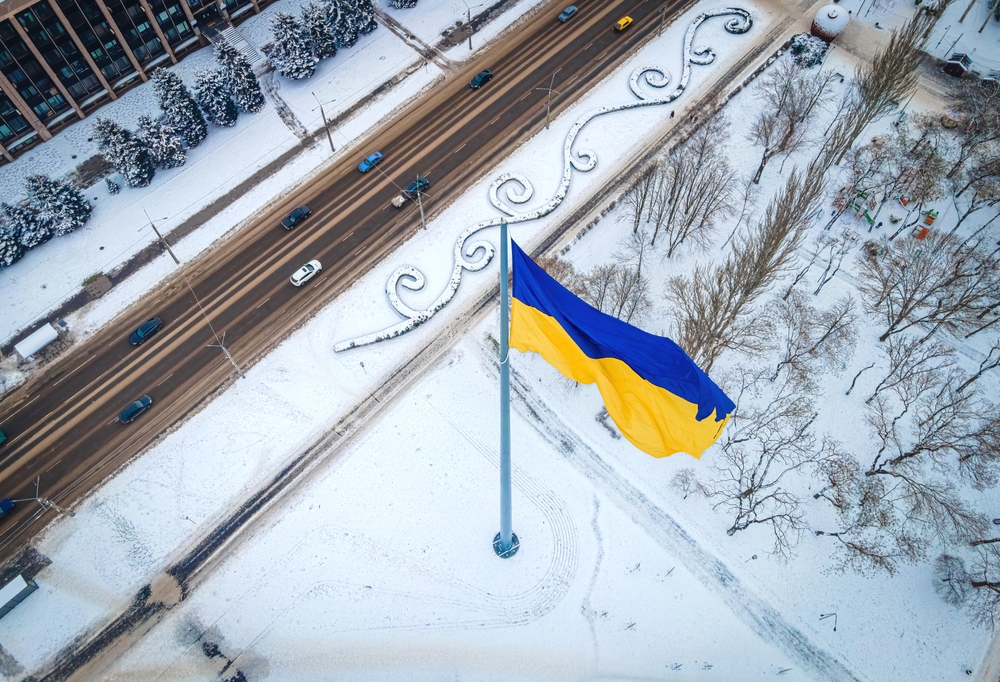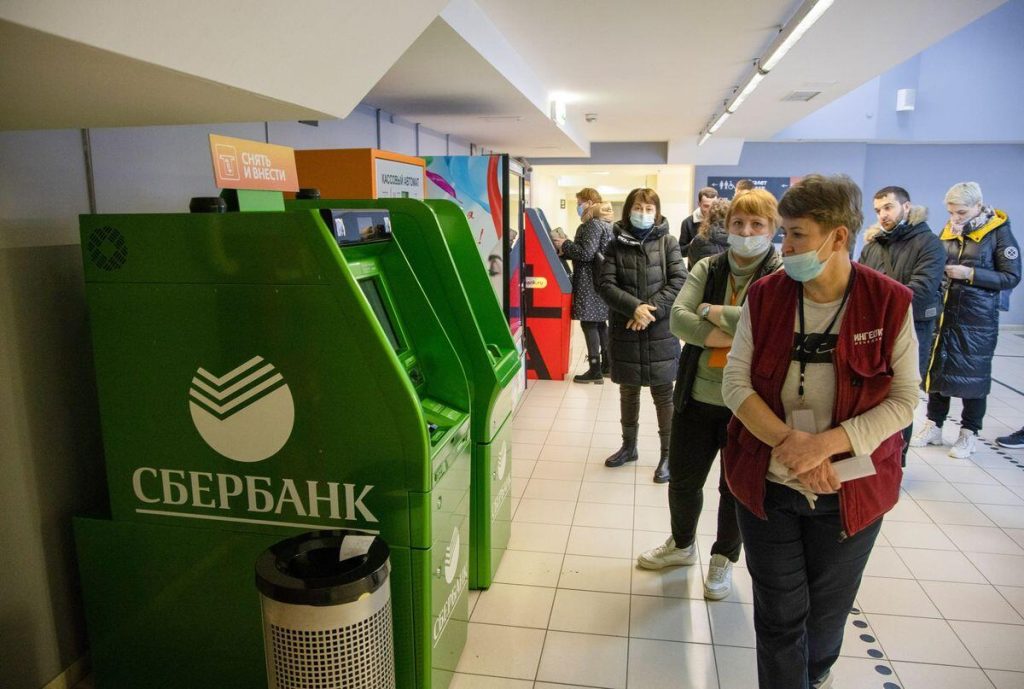

Source: Shutterstock
War in Ukraine
The unprovoked conflict in Ukraine has unleashed a human tidal wave of misery, dislocation and death, the scale of which has not been seen since World War II. A columnist for the New York Times referred to the war as “the most dangerous confrontation for the world since the Cuban missile crisis (of 1962).”
Just one month ago, we wrote of the onset of higher interest rates and inflation as major factors influencing markets, having considered but not believing that Putin would be so irrational as to start a war.
This is not the correct forum to deal with the human and geopolitical consequences of this, so we won’t. But it is appropriate to ask: How will the war in Europe affect investors globally? The broadest economic sanctions ever enacted have resulted in the collapse of the ruble (by 50%), the delisting of Sberbank (one of Russia’s largest) on some European exchanges, and a well-advanced movement by some countries to source oil and gas from places other than Russia.

Source: Bloomberg
This is forcing up the price of energy, at the pump and the meter, which will likely drive inflation even higher than its current levels, spurring the US Federal Reserve to continue its tightening policy. But the Fed will also consider the possibility that higher energy costs could suppress demand, thus reducing the need for more serious interest rate rises – an unscripted but possible outcome.
Separately, we are of the view that now that Russia is considered an unreliable energy partner for the Europeans, the impetus to de-carbonisation will accelerate.
Portfolio positioning
We do not know how this will end, but last month we wrote highlighting the quality of the portfolio. “Irrespective of macroeconomic conditions, this (quality) has always been an integral part of the portfolio construction process, and was a decision informed by the numerous corrections and crashes witnessed by the investment team over their lifetimes.
“It is for this exact reason that a majority of Loftus Peak’s holdings are in quality companies – those with established business models, strong balance sheets and cashflows, with a much lower allocation to ‘riskier’ companies. This has always been the case, but in more recent months we have increased the tilt to quality even more than usual.”
Despite the short-term volatility and underperformance of a select few names, we believe the Fund is well positioned for a period marked by slowing economic growth and rising costs of capital because of the inherent characteristics of the big disruptive companies, which are amongst the strongest in the world.
Further, earnings growth in the majority of the Fund’s holdings continues to be strong, adding to the conviction we have in the long-term secular trends to which we are exposing our clients. Although the short term might remain volatile and uncertain, we believe that over the medium and long term the safest place to be is in quality companies riding secular tailwinds.
Disruption no longer implies excess risk
During the early days of disruption, between 1995 and 2005, there was considerable investment risk as typically the mechanism was via start-up companies, which mostly were light-on for profits, let alone cashflows and balance sheets. It was by no means clear, for example, that classified advertising would migrate on-line, that cars would go electric, movies would be shown on mobile phones or that taxi services would be replaced by Uber and the like.
Investors who bought before the bursting of the 2000 bubble did not do well… for a while. But those that understood what Apple, Amazon and Google were doing on the global stage – and that part is very important – made simply stellar returns.
Fast forward to today. The word disruption, for reasons related to its investment history as well as its more general meaning, still has a negative connotation. It is not unfair to prefer the safety of an ‘undisrupted’ world to the uncertainty that disruption implies.
But it is time to move on. Some of those early-stage disruptive companies are listed in the top ten by value in the world today, including Amazon, Nvidia, and Taiwan Semiconductor Company. Properly managed, disruption no longer need equate to excessive risk.
Share this Post

